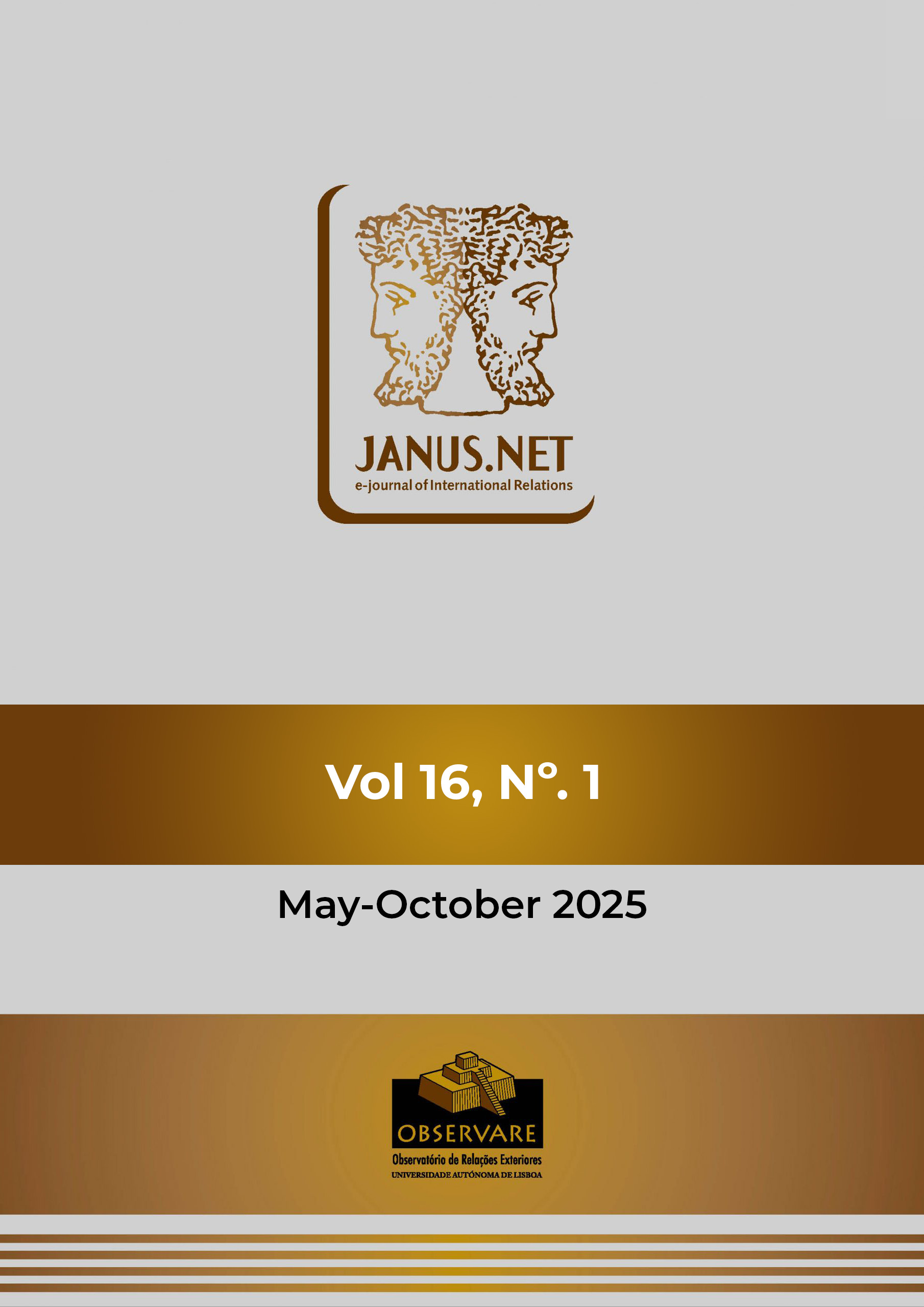THE IMPACTS OF PAST TOTALITARIANISM ON THE TRANSITION PROCESS TOWARDS DEMOCRACY IN ALBANIA
DOI:
https://doi.org/10.26619/1647-7251.16.1.19Keywords:
totalitarianism, post-communist, democratization, political culture, hybrid regimeAbstract
More than 30 years have passed since the creation of one of the wildest totalitarianisms of Eastern Europe, the Albanian one. The Albanian totalitarian regime maintained constant control for almost 50 years in every social activity through terror and propaganda. Today, after a long and not easy transition, the country is still trying to find its way to full democratization. The lack of a functional democracy, the classification as a hybrid regime, as a partially free country and with a lack of active citizens as an institution of democracy are just some of the problems that are present in post-communist Albania and that will be discussed in this paper. The purpose of this paper is to offer a different perspective in the way we look Albania's path towards full democratization based on the influence of the totalitarian regime and the need to strengthen the concept of the active citizen and forms of active volunteering as a way to strengthen democracy, starting from a broader concept, from the citizen. The article provides a theoretical and practical perspective of totalitarian and post-communist period of Albania based on reports, statistical data and classic political studies scholar books.


